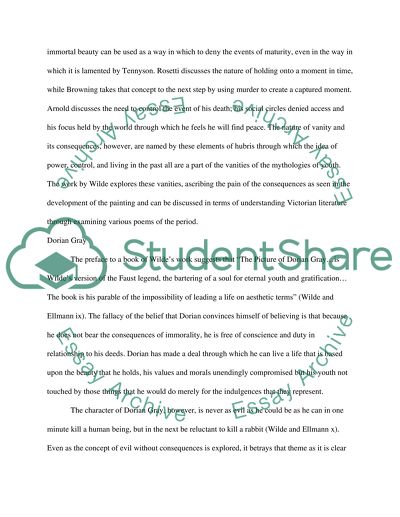Cite this document
(“The Consequence of Vanity in The Picture of Dorian Gray and other Term Paper”, n.d.)
Retrieved from https://studentshare.org/literature/1451841-the-topic-is-to-relate-dorian-gray-to-those-poems
Retrieved from https://studentshare.org/literature/1451841-the-topic-is-to-relate-dorian-gray-to-those-poems
(The Consequence of Vanity in The Picture of Dorian Gray and Other Term Paper)
https://studentshare.org/literature/1451841-the-topic-is-to-relate-dorian-gray-to-those-poems.
https://studentshare.org/literature/1451841-the-topic-is-to-relate-dorian-gray-to-those-poems.
“The Consequence of Vanity in The Picture of Dorian Gray and Other Term Paper”, n.d. https://studentshare.org/literature/1451841-the-topic-is-to-relate-dorian-gray-to-those-poems.


